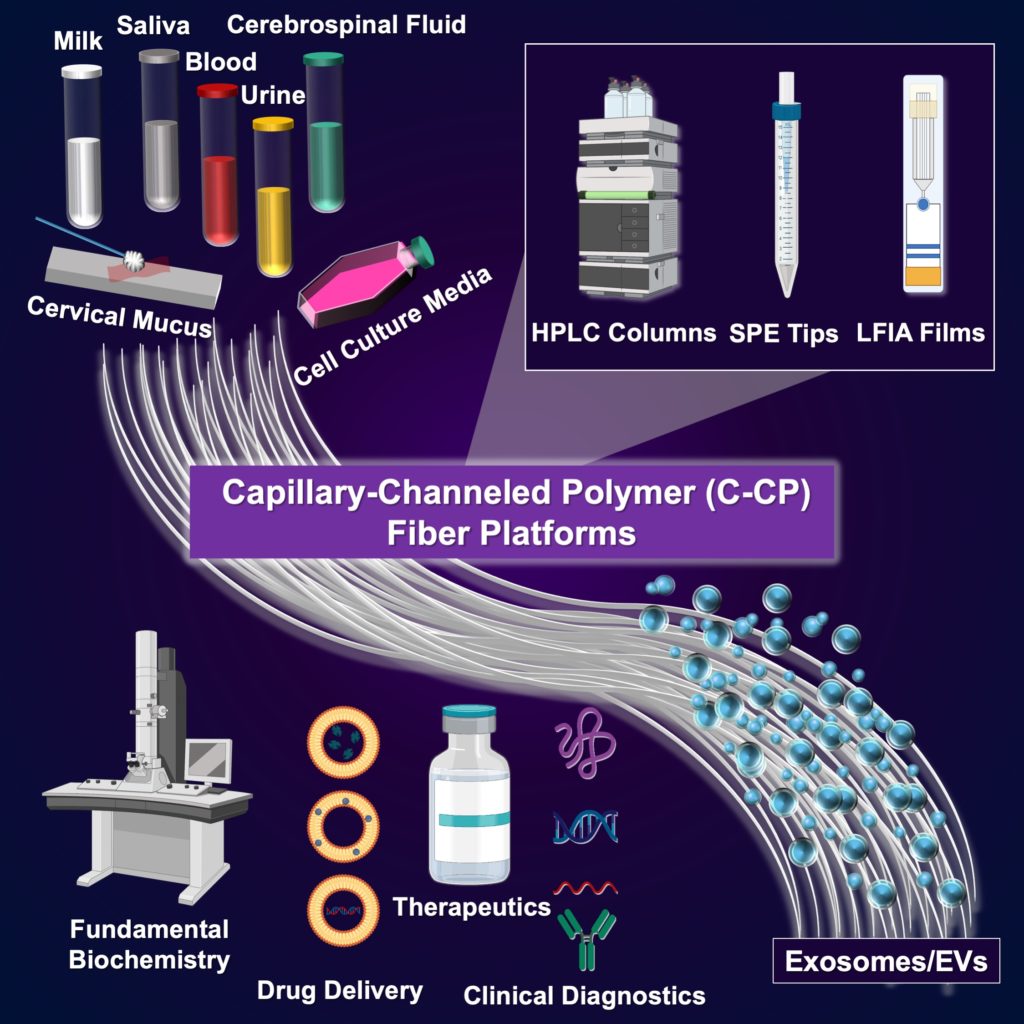 Congratulations to Dr. Marcus for obtaining a new grant from NIH. The project is funded for 4 years and will provide his lab (along with Dr. Terri Bruce, David Bruce and Sarah Harcum) $1.3 M. Dr. Marcus is a Robert Adger Bowen Professor of Chemistry and his research covers various aspects of analytical chemistry. You can read about his contributions at his google scholar profile.
Congratulations to Dr. Marcus for obtaining a new grant from NIH. The project is funded for 4 years and will provide his lab (along with Dr. Terri Bruce, David Bruce and Sarah Harcum) $1.3 M. Dr. Marcus is a Robert Adger Bowen Professor of Chemistry and his research covers various aspects of analytical chemistry. You can read about his contributions at his google scholar profile.
Project Summary: The desire to tie aspects of fundamental cell biology, the mechanisms of disease propagation, and clinical diagnostics is a major driver for the development of new technologies. Among the biological species that may be exploited along these lines, exosomes are particularly promising. Exosomes are small (30–130 nm) extracellular vesicles (EVs) derived from all cell types within the body, which are now realized as key agents in intracellular communication. They exhibit protein biomarkers from their cells of origin, making them promising candidates for use in disease diagnostics. Likewise, much interest lies in the potential use of exosomes as drug delivery vehicles (i.e., vectors). However, a great deal of fundamental research is necessary before the utility of exosomes is fully realized. A crucial challenge in the application of exosome-based research and application lies in the lack of robust and versatile methods for vesicle isolation from diverse biological media. While isolation and quantification methods have evolved, none have overcome the key issues associated with rigor and reproducibility to cleanly, quickly, and cost-effectively isolate exosomes. To address this void, an extremely efficient platform technology for exosome capture and isolation, based on novel poly(ethylene-terephthalate) (PET) capillary-channeled polymer (C-CP) fibers and films, is being developed for applications across the scales of relevance for basic research, clinical diagnostics, and preparative recovery. Initial results show that the fibers can effectively isolate extracellular vesicles, enriched in exosomes, with size distributions and yields comparable to traditional isolation methods, in much shorter times, smaller volume scales, and higher purity. Proposed here is the further development and validation of this exosome isolation methodology for fundamental research and clinical laboratories, with extension to the preparative-scale for vector applications. As dictated by the objectives of this program, and as demanded by the collective “exosome community”, the ultimate objective of the effort is the delivery of working prototypes for evaluation by scientific peers and potential commercial providers. The Research and Development program is pursued across three Specific Aims. In the first, highly permeable chromatography columns created from unique-shaped fibers provide a platform for isolation and purification of exosomes amenable to applications on the clinical, research, and preparative scales, superior to current exosome isolation methodologies. In the second, implementation of the fibers in spin-down tip format provides greater versatility towards generic- and targeted-exosome harvesting using common, bench-top centrifuges. In the third, C-CP fiber films can be configured to affect a high-efficiency, multiplexed lateral flow immunoassay for clinical diagnostics. It is fully believed that the results of this program will demonstrate that novel C-CP fiber/film isolation platforms will prove to be an efficient, cost-effective means to isolate exosomes for use in fundamental biochemistry research, clinical diagnostics, and preparative applications, and that those characteristics will lead to commercial availability of the platfroms.
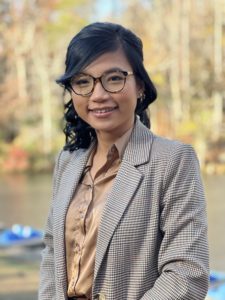




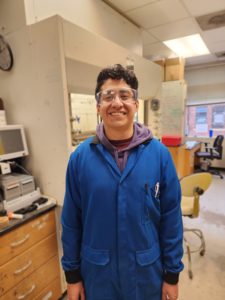
 Congratulations to Dr. Marcus for obtaining a new grant from NIH. The project is funded for 4 years and will provide his lab (along with Dr. Terri Bruce, David Bruce and Sarah Harcum) $1.3 M. Dr. Marcus is a Robert Adger Bowen Professor of Chemistry and his research covers various aspects of analytical chemistry. You can read about his contributions at his
Congratulations to Dr. Marcus for obtaining a new grant from NIH. The project is funded for 4 years and will provide his lab (along with Dr. Terri Bruce, David Bruce and Sarah Harcum) $1.3 M. Dr. Marcus is a Robert Adger Bowen Professor of Chemistry and his research covers various aspects of analytical chemistry. You can read about his contributions at his 


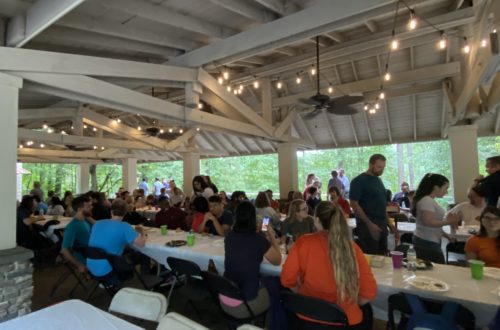

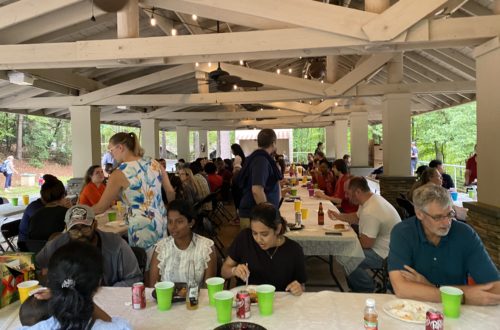




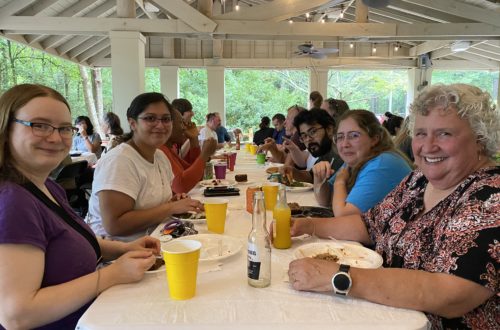

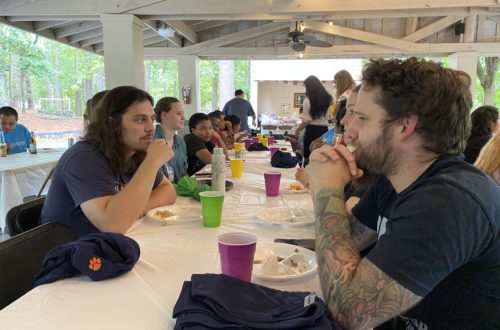
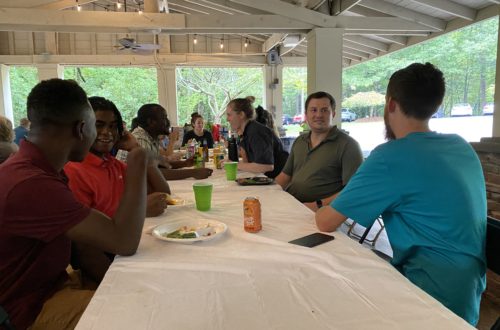


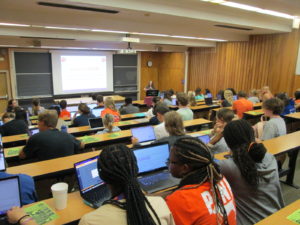
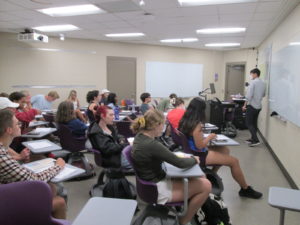
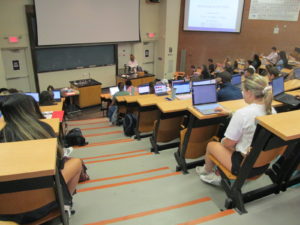


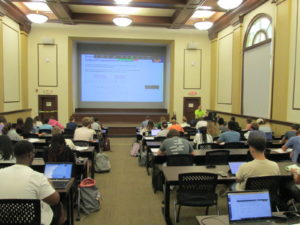
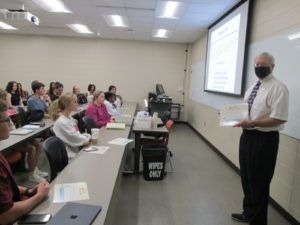

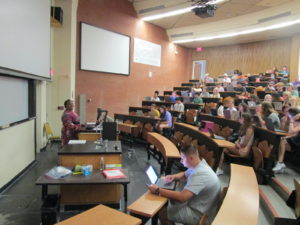


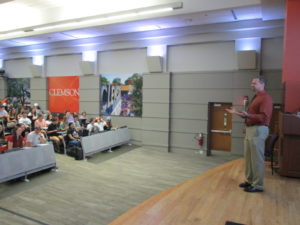


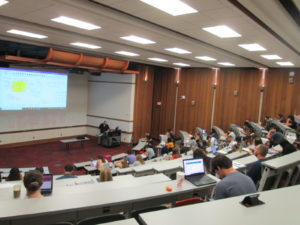
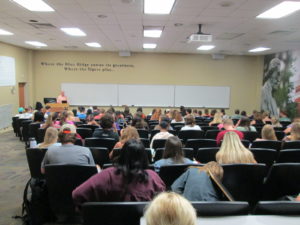

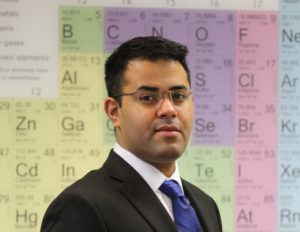
 Sarah K. Wysor
Sarah K. Wysor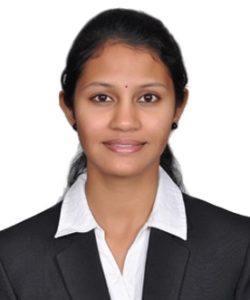 Vigjna Abbaraju
Vigjna Abbaraju Chuanlei Wang
Chuanlei Wang This award honors an outstanding graduate in discovery with a theoretical/computational emphasis. Andrew J. Peloquin is from Colorado Springs, Colorado.
This award honors an outstanding graduate in discovery with a theoretical/computational emphasis. Andrew J. Peloquin is from Colorado Springs, Colorado.

